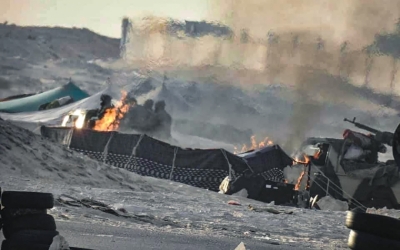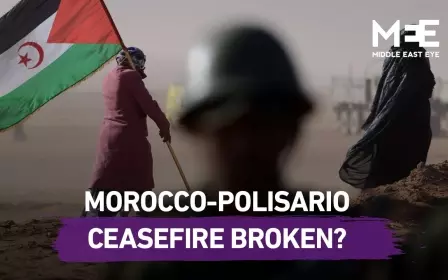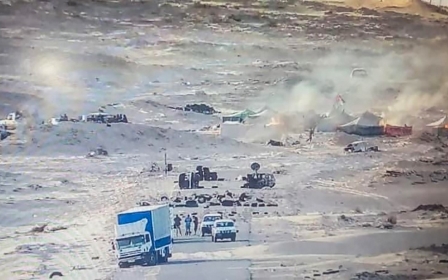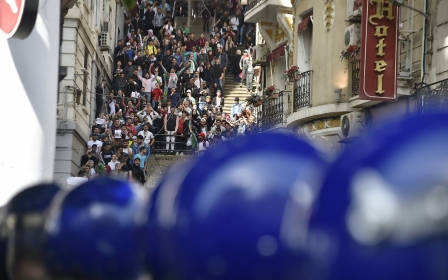Morocco says Bahrain will open consulate in Western Sahara
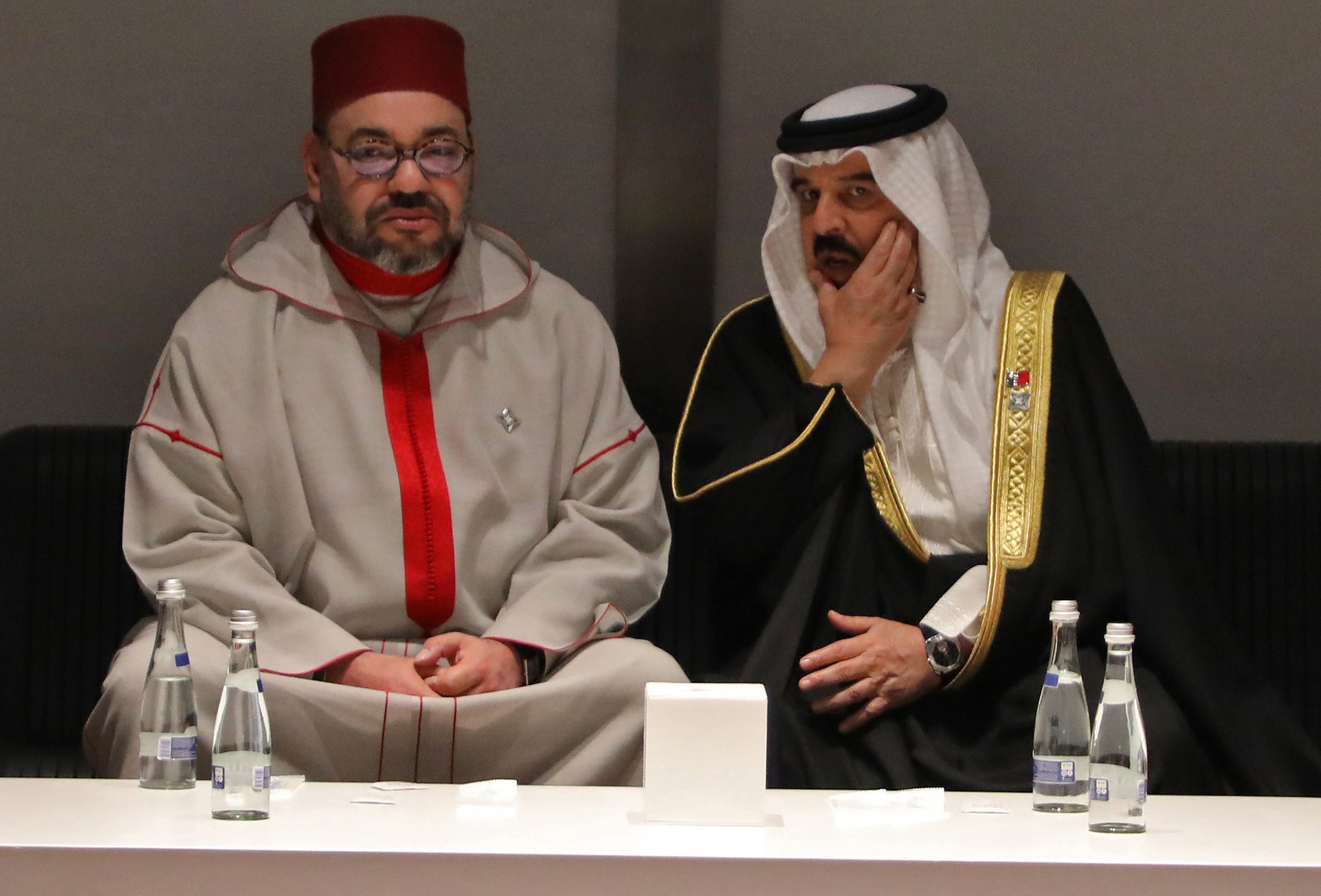
Bahrain will open a consulate in Moroccan-controlled Western Sahara, Morocco's royal palace said on Thursday, joining other Arab states in supporting Rabat after the disputed territory's Polisario independence movement said it had resumed its armed struggle.
The consulate will be in Laayoune, the largest city in Western Sahara, and the decision to open it came after a phone call between King Mohammed VI and Bahrain's King Hamad bin Isa al-Khalifa.
The Polisario Front independence movement seeks self-determination for Western Sahara, a vast desert region Morocco has held since 1975 and claims among its southern provinces.
The UAE was the first Arab state to open a diplomatic mission in Laayoune, earlier this month, and Morocco said Jordan would follow suit.
Haiti will be the first non-Arab and non-African state to open a consulate, which will be in Dakhla in Western Sahara's south, the Moroccan Foreign Ministry said on Tuesday.
New MEE newsletter: Jerusalem Dispatch
Sign up to get the latest insights and analysis on Israel-Palestine, alongside Turkey Unpacked and other MEE newsletters
More than a dozen African countries have now opened consulates in Western Sahara, as Rabat continues to muster support for its control over the area - after Morocco rejoined the African Union in 2017, after 33 years.
Ceasefire over
A former Spanish colony, Western Sahara is believed to have significant offshore oil reserves and mineral resources.
The Algeria-backed Polisario has repeatedly accused Morocco of exploiting the region's natural resources, while half of the indigenous population live in camps and in exile, awaiting a UN-promised referendum to vote on the independence of the region.
In September 1991, the two sides - Morocco and the Polisario - signed a ceasefire agreement that has lasted for three decades, until earlier this month when the Moroccan army launched a military operation in a buffer zone of Western Sahara.
Rabat has said the most it can offer as a political solution to the dispute is autonomy. The Polisario and neighbouring Algeria reject this and say they want a referendum, with independence for Western Sahara as one of the options.
The Polisario Front estimates the indigenous population of Western Sahara to be as many as 500,000 and has long called for their right to a referendum.
France, a supporter of the Moroccan proposal of autonomy and the kingdom's foremost economic partner, has called for a return to peace talks, but has not applied serious pressure.
Following Morocco's military operation, the independence movement said on 13 November it had quit the UN-brokered ceasefire, and declared war.
"War has started, the Moroccan side has liquidated the ceasefire," senior Polisario official Mohamed Salem Ould Salek said earlier this month.
Middle East Eye delivers independent and unrivalled coverage and analysis of the Middle East, North Africa and beyond. To learn more about republishing this content and the associated fees, please fill out this form. More about MEE can be found here.


